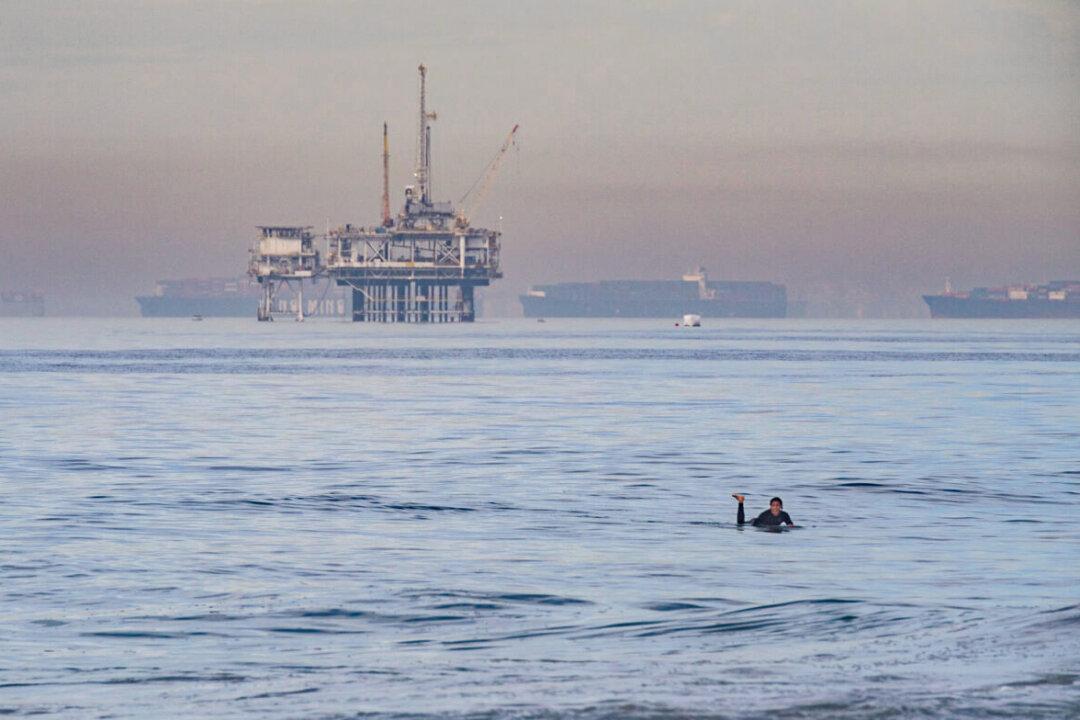Offshore oil drilling would be banned in California under a new bill, following last year’s oil spill near Huntington Beach.
Senate Bill 953, authored by state Sen. Dave Min (D-Irvine), would shut down three of the four oil rigs in the state by Dec. 31, 2023. The fourth oil rig is already in the process of being decommissioned, a spokesperson from Min’s office said.





